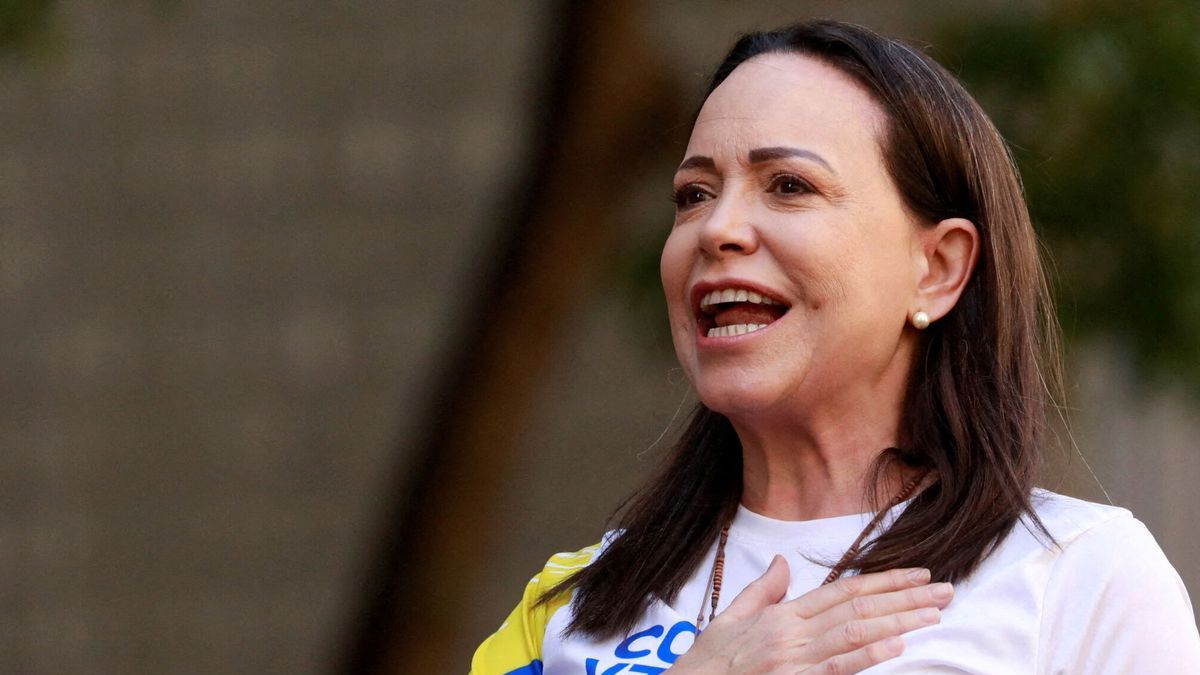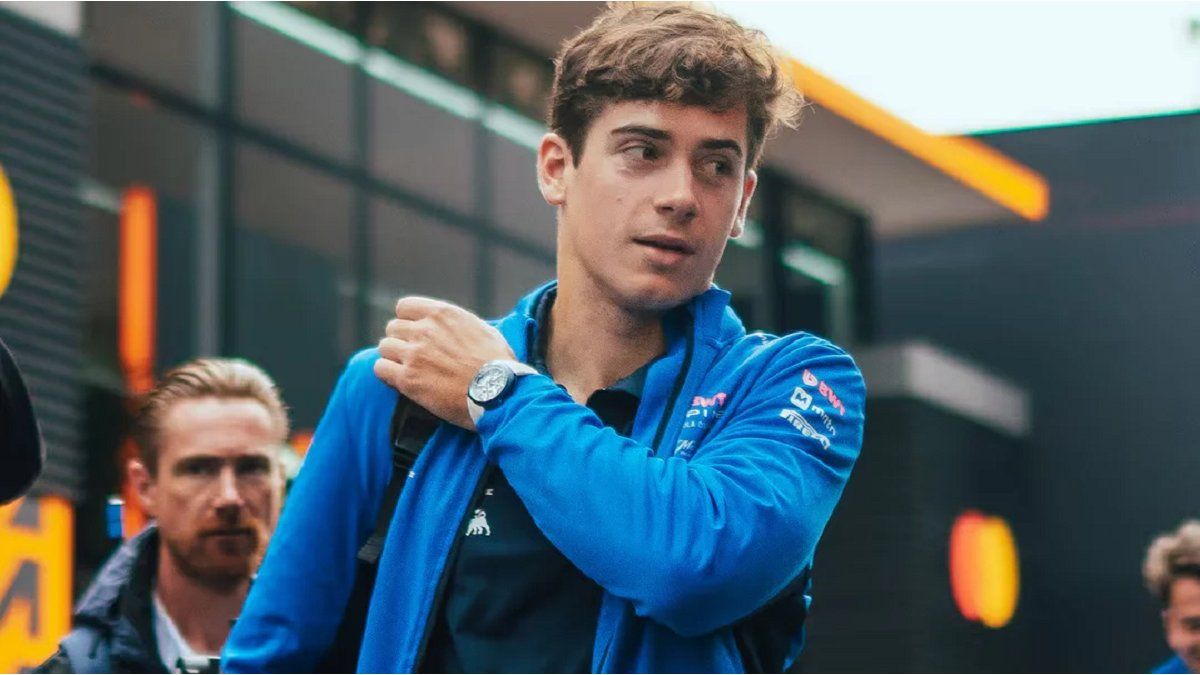“We have no problem with Austria.” The fact that Turkish Foreign Minister Mevlut Cavusoglu announced this to his “friend Alexander” in front of the assembled press in Ankara on Monday was significant for the new tones that have recently been struck between Turkey and Vienna. His colleague Alexander Schallenberg (ÖVP) mentioned after the meeting that people don’t always “agree”. However, this must then be discussed in a dialogue at eye level.
In any case, the frequency of the most recent bilateral talks is “admirable,” said Schallenberg. Chancellor Karl Nehammer (ÖVP) recently held a conference with Turkish President Reep Tayyip Erdogan on the sidelines of the NATO summit in Madrid. He had previously met with National Council President Wolfgang Sobotka (ÖVP) and Mayor Michale Ludwig (SPÖ) in Ankara.
Schallenberg emphasizes: “No cuddle course”
In recent years, bilateral relations between Austria and Turkey have been rather tense. The background was the dismantling of democracy and the rule of law under Erdogan, his influence on the Turkish diaspora in Austria and alleged attempts to blackmail the EU with migrants. From his point of view, the fact that there have recently been increased contacts again is by no means due to a “charm offensive” or a “cosy course” on the part of Austria, as described in the media – including the Austria Press Agency (APA), said Schallenberg .
Rather, the first advances towards normalization and relaxation came from the Turkish side. It was not Austria that stopped the joint archaeological excavations in Ephesos or blocked Austrian participation in the “Partnership for Peace” (PfP). Even if these attempts to normalize relations are also in Austria’s interest, “there are areas where we don’t agree.”
Specifically, Schallenberg mentioned a possible “threatening Turkish military operation in northern Syria” – which, according to Turkish information, would be aimed purely at “terrorist threats” from Kurdish groups – or the “human rights situation”. These issues would also be addressed in Ankara “if the opportunity arises”. Internationally, for example, the repressive policies of the autocratic President Recep Tayyip Erdogan towards critical media and the Kurdish minority in Turkey have been denounced.
Turkey wants to join the EU
In principle, the Foreign Minister stated: “Austria’s relationship with Turkey is not one-dimensional. There have been ups and downs in the history of the last decades and centuries. It’s important to have a good basis for discussion at eye level. But that doesn’t mean in all to agree on points.”
Cavusoglu reminded that Austria was against Turkey’s EU accession. But then you have to have a conversation. In any case, a majority of the population of his country is still in favor of a rapprochement with the European Union. However, the rules for negotiations would also have to be observed on the part of the EU.
Foreign Minister Schallenberg had already harshly criticized Moscow in the morning after the arrest of a Russian-flagged ship carrying Ukrainian grain. According to Schallenberg, the alleged smuggling was an “incredibly shameless action” on the part of the Russian side.
Turkey had intercepted the freighter “Zhibek Zholy” and taken it to a Turkish port. Ukraine suspects that the grain stolen by the Russian occupiers is being exported illegally and has therefore asked the Turkish authorities to investigate the freighter. According to a representative of the Ministry of Foreign Affairs in Kyiv, the ship had left the Russian-occupied Ukrainian port of Berdyansk with 4,500 tons of grain on board. According to other sources, there was even talk of 7,000 tons of grain. There is a suspicion that “by mixing it with Russian grain” an attempt was made to “cover up the tracks,” said Schallenberg. In any case, Turkey must be “respected” for the intervention.
Objective: Reactivate freight transport
It was discussed with Cavosoglu – together with the interior ministers from Austria (Gerhard Karner) and Turkey (Süleyman Soylu) – how Turkey could help the export of wheat, grain and seeds blocked by the Russian aggression with the help of green corridors via the sea route to reactivate. Thousands of tons are lying in Black Sea ports and cannot be delivered. However, Russia has long been accused of illegally removing and selling Ukrainian seeds and grain. However, these goods are then lacking, particularly in African countries.
During his visit to Cairo on Sunday, Schallenberg had already criticized that Russian President Vladimir Putin was driving up prices and making people in North Africa impoverished. “Russia is blockading Ukrainian ports in the Black Sea, deliberately destroying grain silos and preventing normal tilling and harvesting of the fields through ongoing hostilities.” According to Schallenberg, Putin is waging a war with “incredible cynicism and using hunger as a weapon”.
No negotiations in Turkey at the moment
Turkey is to be won over to monitor the green corridors for transporting grain from Ukraine across the Black Sea, and both wartime opponents accept it as a partner. The NATO member has good relations with both Russia and Ukraine and aims to strike a balance between Russian and Ukrainian interests.
The “Istanbul talks” between Russia and Ukraine are also considered to be the only negotiating channel between the two warring parties at the moment. These are “currently dormant,” said Schallenberg, “because both parties, but especially the Russians, are trying to create military facts on the ground.” Postscript: “As long as this is the case and everything is focused on a military solution from the Russian side, efforts, dialogue and mediation are difficult, but they are still necessary.”
Karner and Schallenberg also visited the anti-smuggling office of the Turkish National Police. The focus was on the “fight against illegal migration”. Karner: “We need solid criminal police cooperation. That is simply necessary for the security of our country.” It is therefore important that there was a meeting at the level of interior ministers. After all, the last time this was ten years ago was before the meeting on Monday.
Six million refugees in the country
According to UNHCR, Turkey hosts one of the highest number of refugees in the world. There are around 3.6 million Syrian war refugees in the country, and there are probably around six million in total. Illegal migrants from Africa and the Middle East are also trying to get to Europe via Turkey. In view of the situation in Afghanistan, however, Turkey made it clear that it would not take in any more refugees. According to diplomats, Turkish society is increasingly polarized when it comes to migration. Helpfulness dominated in the past, but later indifference and even hostility towards refugees became noticeable.
Ankara is largely implementing the March 2016 refugee agreement with the EU. Interior Minister Soylu, however, called for the EU to adapt. The Turkish interior minister also stated that it was not just about building fences or walls to ward off refugees. Rather, the goal should be to set up “safe zones with the necessary infrastructure” in the regions affected by migration, which would make life on site possible.
Karner reminded that the number of applications for asylum from Turkish citizens in Austria had recently increased. “You are currently in fifth place.” However, these are usually economic reasons for fleeing. Those affected have no chance of asylum, the ÖVP politician affirmed.
Source: Nachrichten




